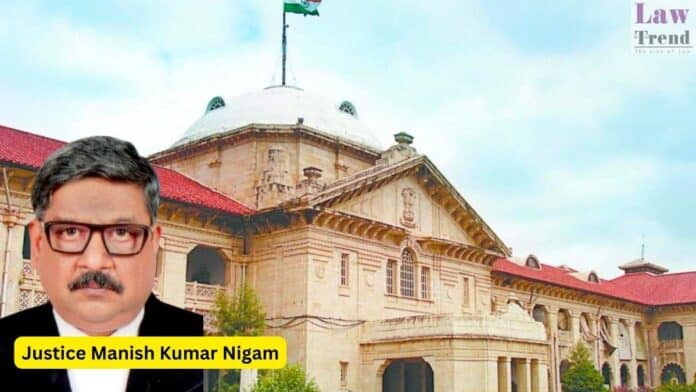In a notable decision reinforcing the procedural requirements for removing local leaders, the Allahabad High Court’s Lucknow Bench ruled that a District Magistrate cannot remove a Gram Pradhan based solely on a spot inspection report from the Enquiry Officer. The Court highlighted the mandatory observance of the Uttar Pradesh Panchayat Raj (Removal of Pradhan, Up-Pradhan
To Read More Please Subscribe to VIP Membership for Unlimited Access to All the Articles, Download Available Copies of Judgments/Order, Acess to Central/State Bare Acts, Advertisement Free Content, Access to More than 4000 Legal Drafts( Readymade Editable Formats of Suits, Petitions, Writs, Legal Notices, Divorce Petitions, 138 Notices, Bail Applications etc.) in Hindi and English.




